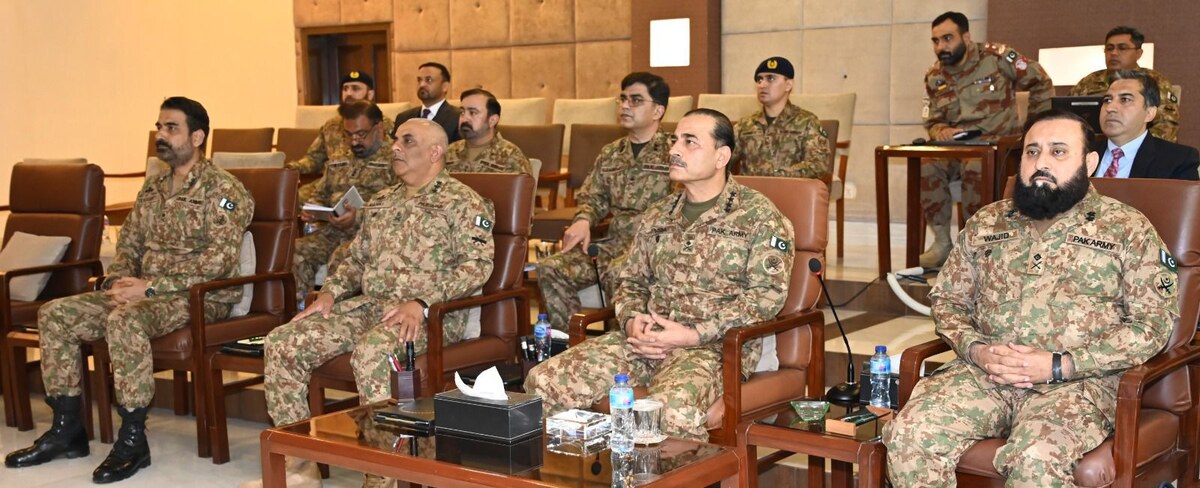KARACHI: The Gulf Cooperation Council (GCC) has reached out to Pakistani authorities to resume negotiations on a free trade agreement (FTA) by June this year, a top Pakistani diplomat in Riyadh said on Wednesday.
Pakistan has so far signed FTAs with three countries: China, Malaysia, and Sri Lanka. With the GCC — an intergovernmental economic union of Bahrain, Kuwait, Oman, Qatar, Saudi Arabia, and the United Arab Emirates — Islamabad started free-trade negotiations in 2004, but after two rounds of negotiations in 2006 and 2008, only a broader outline was reached.
The intention to resume the talks was declared during Saudi Crown Prince Mohammed bin Salman's visit to Islamabad in 2019, but they were further delayed by the coronavirus outbreak, Azhar Ali Dahar, trade and investment minister at the Pakistani embassy in Riyadh, told Arab News.
"GCC secretariat in Riyadh has officially reached out to the embassy of Pakistan to resume FTA talks with Pakistan," Dahar said, adding that in a letter last month the GCC had conveyed readiness to start the talks "in the first six months of 2021."
"Saudi Arabia is making great progress under its Vision 2030 and heavy investment is being made on infrastructure projects. We should not miss the opportunity," he said. "Under the terms of services we can export our skilled manpower, including engineers and doctors to the kingdom."
Ahead of the resumption of talks, Pakistani authorities are now waiting for feedback from the trade community.
"Pakistani trade associations must study and send their recommendations on carrying out free-trade agreement negotiations with GCC to joint secretary Middle East at the Commerce Ministry in Islamabad," Dahar said, adding that his office had already written letters to all the relevant authorities, including the Ministry of Commerce and the Trade Development Authority of Pakistan.
"We want to conclude the paperwork before June this year."
Pakistani businessmen welcomed the announcement.
"It will benefit Pakistan’s trade community," Qaiser Baryar, president of the Sialkot Chamber of Commerce and Industry, told Arab News. "Pakistan can enhance exports of sports and surgical goods along with textile products to GCC market."
Dr. Mirza Ikhtiar Baig, chairman of the UAE-Pakistan Business Council of Federation of Pakistan Chambers of Commerce and Industry, said that while import duties in the Middle Eastern countries are not a big issue, the FTA would "help Pakistan to attract investment."
"The FTA will mutually benefit the countries involved," he said.
For M. Saqib Goodluck, senior vice president of the Karachi Chamber of Commerce and Industry, the FTA between Pakistan and GCC is an "important decision in right direction."
He warned, however, that policy makers should negotiate it carefully to avoid a situation similar to what happened after the FTA with China.
"Pakistan must capitalize on its core competencies and its export strengths, while also simultaneously strategizing for expanding its manufacturing and exports base," he said.
"We need to learn from the FTA with China where we experienced heavy influx of Chinese products in local market whereas Pakistan’s exports witnessed only a slight increase."























